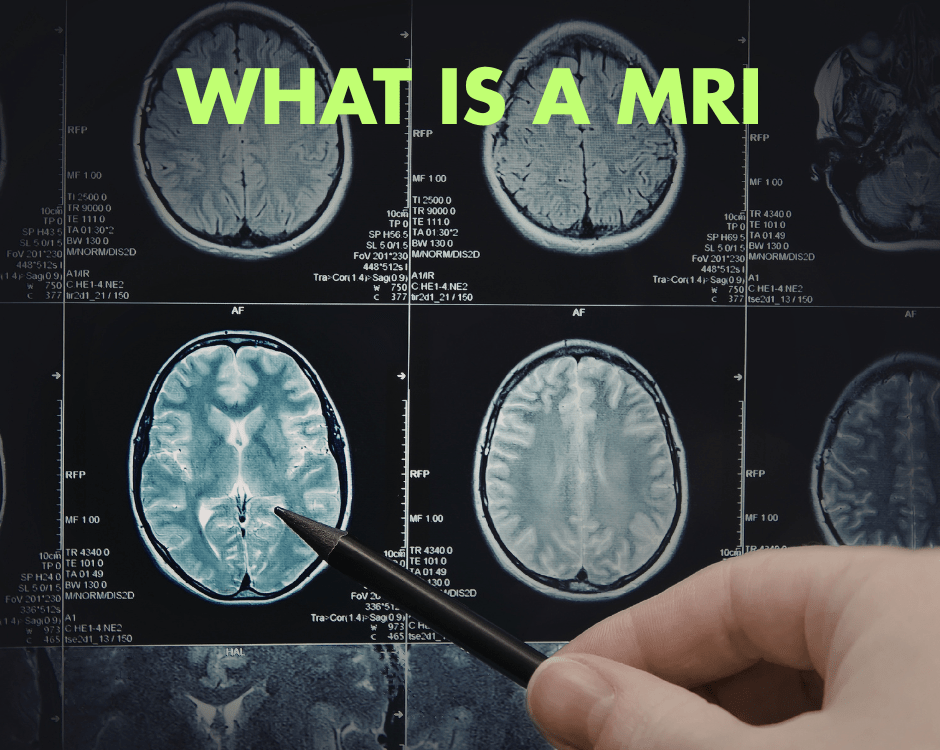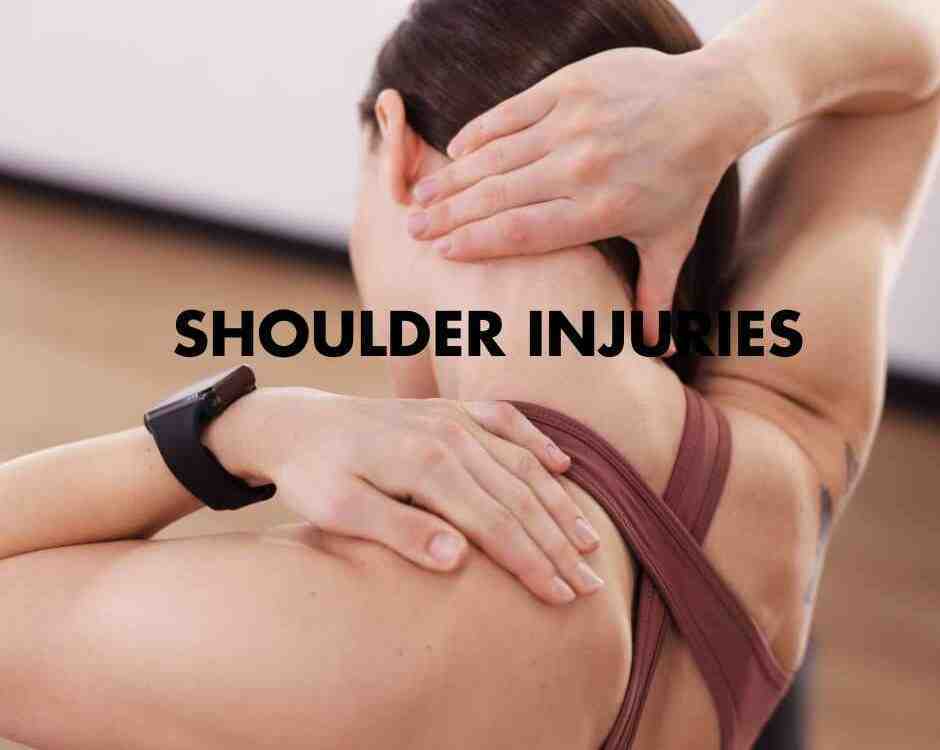Nausea and Vomiting in Concussions

Tips on the Ideal Sleeping Temp for a Great Night’s Rest
November 1, 2023
11 Tips to Help with Schoolwork!
November 1, 2023Nausea and Vomiting in Concussions
Concussions, often referred to as mild traumatic brain injuries (MTBI), can bring a host of unwelcome symptoms. Headaches, dizziness, confusion are all common occurrences in the aftermath of a head injury. Unfortunately, there are two more frequent symptoms that are just as unwelcome and those are nausea and vomiting. Dr. Aaron Workman, a member of one of the highest rated auto injury care medical programs, Chambers Medical Group, in Lexington, Kentucky, explains why these unpleasant side effects are often part of the greater concussion package.
Before we understand the connection between concussions and the queasy feelings that come with them, let us again look at what a concussion really is. Concussions happen when your brain receives a sudden jolt or blow, causing it to shift or twist inside your skull. This movement can lead to various neurological disruptions, from cognitive changes to physical symptoms. At Chambers Medical Group, we often see these as a complex of symptoms that arise due to a motor vehicle accident. Patients rarely understand the complexity of their symptoms and just assume they will pass as quickly as they came on, but that is not what concussions do.
The Nausea and Vomiting Duo
While many concussion symptoms are easier to link to head injuries, like headaches or difficulty concentrating, nausea and vomiting might seem a little puzzling.
- Vestibular System Disturbance: Your brain relies on a complex system known as the vestibular system to maintain balance and spatial orientation (Where my body is in reference to its surroundings). During a concussion, this system can be thrown off balance, resulting in dizziness, nausea, and a sensation of motion sickness. Imagine being in the back seat of a car with motion sickness that is unrelenting even when the car stops.
- Increased Intracranial Pressure: When a concussion occurs, there might be an increase in intracranial pressure, which means higher pressure inside the skull. This pressure can irritate certain brain structures, leading to feelings of nausea and sometimes vomiting.
- Motion Sensitivity: After a concussion, you might become more sensitive to motion, lights, and visual input. This can make activities like reading, looking at screens, or even simple head movements feel nauseating. Your brain is essentially having trouble processing these inputs effectively.
- Post-Traumatic Headaches: Concussions can trigger headaches, and headaches like migraines are known for causing nausea and vomiting. These post-traumatic headaches can make the recovery process and daily activities near impossible.
Delayed Nausea and Vomiting
While it is not unusual for these symptoms to manifest shortly after a head injury, they can also have a delayed onset. This means you might feel fine immediately after the injury but start experiencing nausea and vomiting hours or even days later. The exact reason for this delay is not entirely clear, but it is thought to be related to the brain’s altered processing of sensory information.
When to Seek Medical Help
While nausea and vomiting are common symptoms after a concussion, if they arise from the result of a motor vehicle accident you should be checked out. If you find your symptoms worsening, slurred speech or weakness in body parts, or if you are unable to keep fluids down you should seek medical help immediately. At Chambers Medical Group we try to educate patients on what the entire concussion symptom package is comprised of. It can be a myriad of physical and emotional symptoms with nausea and vomiting at the top of the list. I find it is important for patients to understand the link of their symptoms and their MTBI so they can understand the importance of rest in the recovery process.
— This article is written by Aaron Workman, DC, one of the members of Chambers Medical Group’s team of car accident chiropractors who offer a variety of treatments and therapies ranging from diagnostic testing to various soft tissue therapies for car accidents and injuries in Kentucky.
–
.
–
Have you been in a car accident? If you or somebody you know has been in a car accident, be sure that you seek medical attention from a car accident doctor or car accident chiropractor to treat your injuries. Visit Chambers Medical Group to receive world-class medical treatment for your injuries.
Chambers Medical Group has car accident medical clinics in the following locations:
- Car Accident Medical Clinic in Tampa
- Car Accident Medical Clinic in Plant City
- Car Accident Medical Clinic in Brandon
- Car Accident Medical Clinic in Lakeland
- Car Accident Medical Clinic in Sarasota
- Car Accident Medical Clinic in Louisville
- Car Accident Medical Clinic in Lexington
- Car Accident Medical Clinic in Florence




